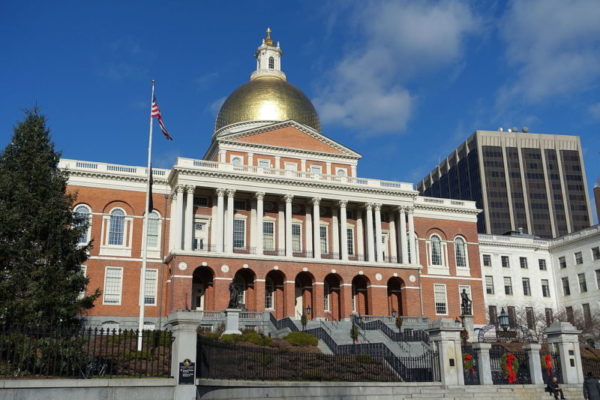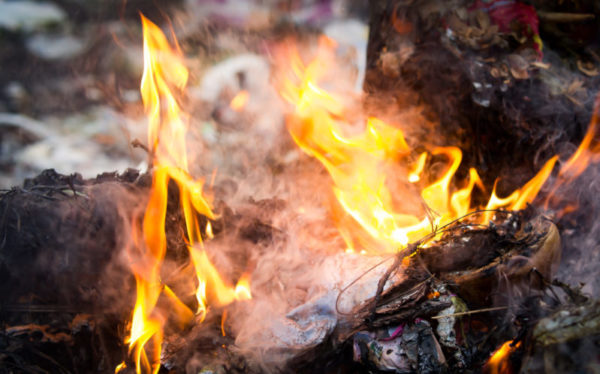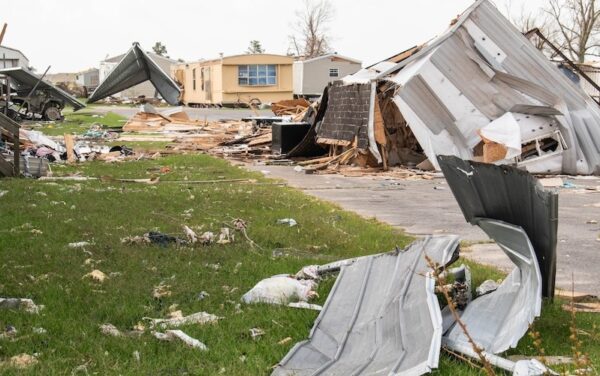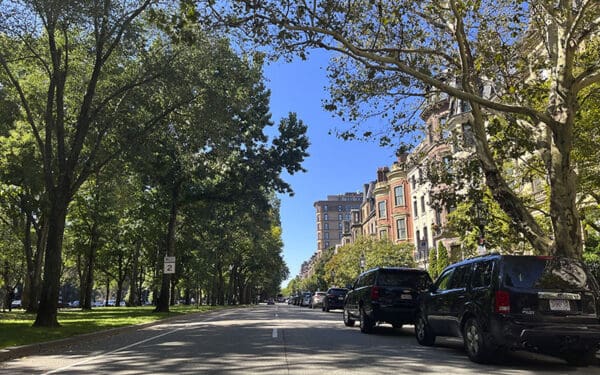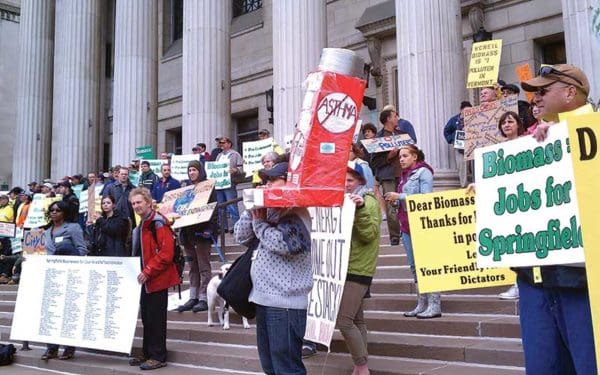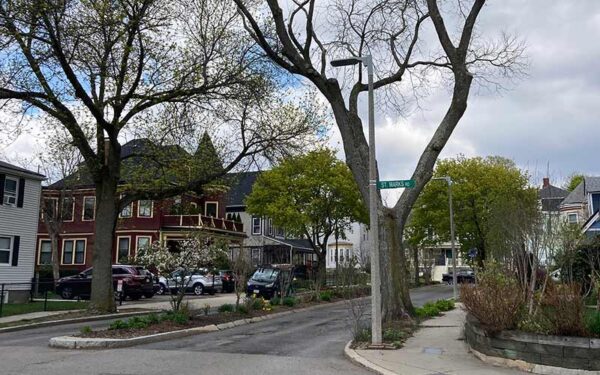Jul 15, 2025
What stands in the way of cleaner air, safer drinking water, unpolluted ports, and better health for Rhode Islanders is what we are sorely missing: an environmental justice law that takes a holistic perspective.
Jun 18, 2025
In an era in which the federal government is abandoning climate goals and efficiency incentives, CLF’s Healthy Neighborhood Equity Funds offer a glimpse of how private financial markets can help build the economical, climate-smart housing we need.
May 13, 2025
To truly make energy affordable, Governor Healey must take bolder steps to rein in excessive utility spending on costly infrastructure projects and corporate profits.
Feb 07, 2025
Incinerator companies have done a great job green-washing their true impacts on communities by implying that so-called “waste-to-incineration” facilities are good neighbors offering a safe process that eliminates waste, allows for robust recycling programs, and generates renewable energy. Nothing could be further from the truth. The reality is burning waste harms the health, environment, and economy of many communities. The perceived benefits simply aren’t worth the risk.
Oct 17, 2024
People are still digging out in Florida and North Carolina after two powerful hurricanes, Helene and Milton, hit this month. Neighborhoods were flooded, trees and power lines were toppled, and rising rivers even swept away some homes. The devastation was so striking it would be easy to imagine everyone felt it equally. But the fact… Continue reading What Hurricanes Helene and Milton Reveal About Storm Inequity
Oct 16, 2024
Follow our tips to nurture a strong, thriving tree canopy.
Oct 02, 2024
The Palmer biomass plant would harm Springfield residents and those in surrounding communities. It’s taken 10-plus years to stop it. After having their permit revoked, Palmer has appealed multiple times to have it overturned. CLF is going to court to protect Springfield’s right to clean air.
Aug 30, 2024
Cashes Ledge nourishes marine life and builds climate resilience in the Gulf of Maine.
Aug 13, 2024
Trees are vital to climate resiliency because they keep cities cooler. But many trees are dying because of methane gas leaks.
Aug 06, 2024
The number of trees in a neighborhood is determined by income and race. It’s a troubling imbalance that holds broad social implications as we grapple with climate change.



